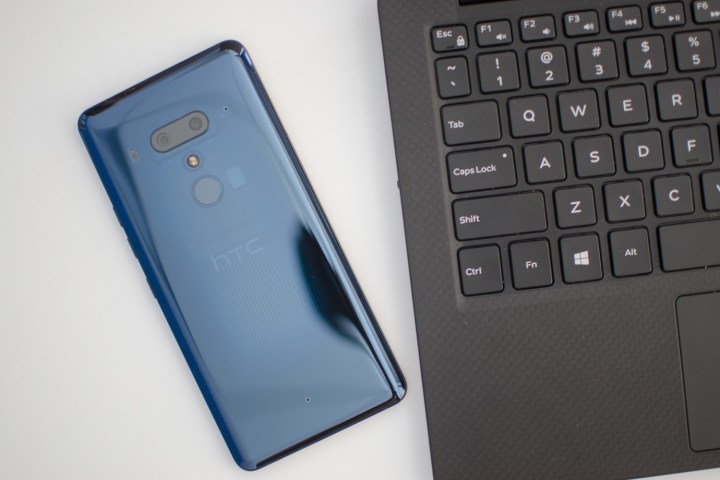
Taiwanese smartphone manufacturer HTC is set to cut a massive 1,500 jobs from its manufacturing units in Taiwan, following an enormous drop in sales for the company.
The job losses would amount to almost a quarter of HTC’s 6,450-strong workforce currently employed, and comes after Google bought a select team of 2,000 engineers from HTC for a staggering $1.1 billion back in January. Despite the large cash injection into the company, it seems that HTC’s losses simply still aren’t sustainable, and HTC reported a decline of 46.7 percent in March sales, and a 55.5 percent drop in sales for April 2018, compared year-on-year.
We contacted HTC to confirm this news, and an HTC spokesperson confirmed the following: “Today’s reduction in manufacturing workforce announced by HTC is a decisive step in the realignment of resources across the organization, and will allow more flexible operations management. The Company will offer full assistance to those employees affected by the plan, which will be completed by the end of September. HTC continues to review its operations to ensure production resources align with key strategic initiatives, so that the Company can more effectively compete in its target markets while maintaining its innovative edge.”
This unfortunate news doesn’t exist in a financial vacuum either. It was recently rumored that Sony Mobile would be pulling out of specific regions in order to focus on core markets, while LG — another previously ascendant smartphone creator — announced in February that it would be pulling out of the Chinese market. In the wider market, the mobile industry is becoming an exceptionally difficult place to make it as a mobile brand. The IDC’s report on the first quarter of 2018 showed that the top three manufacturers — Samsung, Apple, and Huawei — comprised over 50 percent of the entire market. Even worse, each of those companies has it’s own very specific niche within that market, making it tough for any other company to exist in the same space. For someone like HTC, which once sold one in every 10 smartphones sold globally, this must be an exceptionally bitter pill to swallow.
As if that wasn’t enough, it’s also become clear that the global smartphone market is starting to plateau, with further growth only really now possible in areas that haven’t previously bought as many smartphones. With smartphone saturation pretty much reached in the west, smaller manufacturers are having to convince phone owners to abandon their existing brand and move to a new one — something neatly encapsulated by LG’s recent advertising campaign.
Updated on July 2: We’ve added HTC’s official comment to our story.


